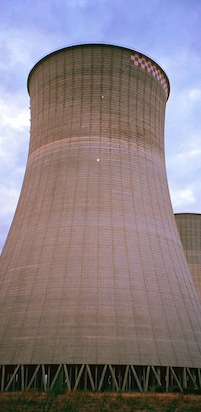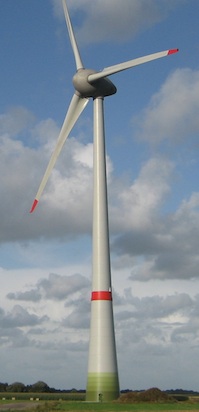
 For years, experts have maintained that “solving” climate change will require a range of energy solutions,
For years, experts have maintained that “solving” climate change will require a range of energy solutions,
including a long goodbye with fossil fuels and a strong dose of nuclear. This week, along came a new report from the International Panel on Climate Change (IPCC) that generated shiny headlines about powering the world in four decades almost entirely with renewables. Could it be true?
Early news reports implied that the IPCC said the world could source nearly 80 percent of its power from renewables by 2050. But that’s not what this report is saying. The 77 percent estimate was a best-case scenario, and it assumed a perfect world where oil is very expensive, renewables technology is ultra advanced and cheap, and governments are willing to spend trillions on it. The report’s low-end scenario came up with a ratio closer to 17 percent, reflecting the world we live in today.
Biomass bugaboo: Perhaps the biggest problem with the IPCC report is that it defines traditional biomass as “renewable energy.” Harvesting wood to burn or make charcoal is the reason why Haiti has lost 98 percent of its forest cover; there are similar problems in East Africa and much of the developing world. If wood were harvested sustainably or replanted, then it might qualify as “renewable” — but it is not.
Credibility threat: I wonder if the IPCC included the questionable biomass figures to create an optimistic outlook for renewables. That would be a shame because the U.N.’s more level-headed assessments, such as the earlier climate change reports, tend to have the greatest impact. This precedent could set it up for future criticism.
Click to read more about this topic
From my vantage point in Washington, it’s hard to envision the United States being predominantly reliant upon renewables several decades from now, even if the IPCC report says the world is headed that way. Coal retains a strong hold on U.S. energy policy. The reactions of lawmakers who represent districts and states with coal, oil, and natural gas show the power of the fossil fuel industry. Prospects for a carbon cap in the United States remain low for the forseeable future.
Out of style? The IPCC has a lot of gravitas after its big Nobel Prize win in 2007. “Global warming” was one of the major Google news trends then. But American interest in the issue, including on the part of our leaders, seems to have taken a big nosedive since last year’s big climate legislative debacle.
I’ll be watching: This IPCC report and the many more that will follow will probably kickstart the climate debate again in the next year or so. Still, it’ll be hard to break through the noise of other important stories, including the federal deficit, gas prices, political change in the Middle East, and the 2012 presidential campaign.
Click to read more about this topic
| Tweet This Page |










